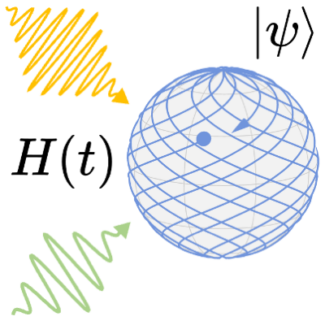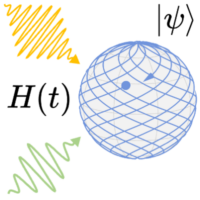News
Hilbert-Space Ergodicity in Driven Quantum Systems: Obstructions and Designs
Many-body quantum systems reach thermal equilibrium due to a property called quantum ergodicity. Despite its conceptual significance, there is no general definition of quantum ergodicity that is universally applicable to all scenarios. In quantum systems whose description remains unchanged with time, quantum ergodicity is defined through the system’s stationary configurations — certain states that do not change in time. However, these stationary states may not exist in time-dependent systems, such as those driven by externally changing fields, rendering this static definition inapplicable. To address this issue, we introduce a dynamical notion of quantum ergodicity termed Hilbert-space ergodicity. At its core, Hilbert-space ergodicity asks: is the late-time state of the system indistinguishable from a random configuration? We answer this question at different levels by analyzing the indistinguishability of increasing statistical moments using tools from quantum information theory. Our work provides a framework for investigating ergodicity and universality in the late-time behavior of driven quantum dynamics.

